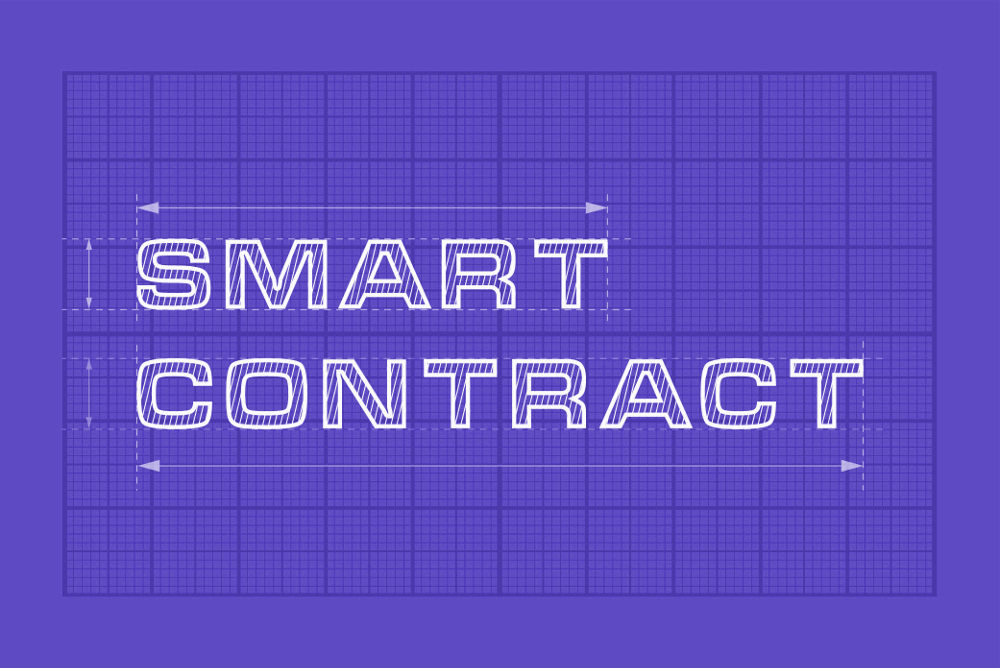New Opportunities for Banking
Around a decade ago, when a blockchain was making its first steps it was hard to predict how powerful it would become in the upcoming years. Today, the future is here and every day new industries adopt this technology.
A growing hype around the blockchain is connected with smart contracts and new horizons they open to deal-makers. Currently, blockchain-based smart contracts not only about digital cash – with their help you may buy, sell, exchange, literally, any goods, tangible and intangible. At the same time, the potential of smart contracts in banking is significant. Hence, there is no surprise that one of the most acute questions is the following – how to use smart contracts in banking and to create a transparent and efficient bankchain.
Currently, numerous speculations, myths, and inadequate excitement surround blockchain and smart contracts. Let’s make it clear what is special about smart contracts, why they could be beneficial for banking, and how they could change the face of the modern financial institutions.
Smart Vs Physical Contracts
When it comes to banking, every action and deal has to be based on a contract that defines rights and duties. However, traditional contracts written on paper seem to be outdated in the modern digital era: their issuance is time-consuming and inefficient, they are easy to forge and destroy. Human factor plays a crucial role in their enforcement: people sign contracts and monitor whether all the conditions are being fulfilled. But the problem is that humans are not as attentive and sincere as machines are – they make mistakes and break promises.
When you use blockchain for smart contracts you can forget about these irritating imperfections. Smart contracts are software, codes that include rules and penalties around an agreement as traditional contracts do, but when the conditions are fulfilled the smart contract is enforced automatically.

Source: What is the future of digital banking?
Hence, both types of agreements give guarantees to the sides and ascribe duties. However, smart contracts reduce risks, cut the administrative expenses, make the enforcement processes run more efficiently.
As we clarified a bit why traditional contracts are no longer the best option in banking, now, we will focus on how banks can use smart contracts.
Financial Industries to Benefit from Smart Contracts
Smart contracts in the banking industry are easily applicable. With their help clients can exchange money, shares, property or whatever else. Why would banks give preference to this type of contracts over traditional ones? Let’s name just a few obvious benefits:
- Lower risks
- Real-time transfers
- Lower expenses due to fewer intermediaries
- The growth of trust and transparency
- No more inefficient processes
The most exhaustive insight into the application of smart contracts to finance services was made by Capgemini Consulting in their report.

Source: Smart Contracts in Financial Services: Getting from Hype to Reality
The following smart contracts use cases outline how smart contracts come in handy within the industry:
- Investment banking and capital markets
When it comes to syndicated loans, the clients could expect settlement periods to be shorter. Instead of 20 days, they would be reduced to 6, for instance. It would lead to an increase in annual income and to a reduction of operational expenses.
- Commercial and retail banking
Within mortgage loan industry, the lower operational costs of every loan would reduce expenses for banks and cut fee expenditures of the clients
- Insurance
For insurance deals, smart contracts would bring cost savings due to the reduced
The Future of Smart Contracts in Banking
Today, a few banking startups already make their way in the market. One of them is Polybius, a digital bank based on the Ethereum blockchain. Their ICO technically supported by Ambisafe Software was extremely successful – they collected BTC 12,380 (over $31,00,000, as of 2017).
Even though the benefits of the new technology for the financial sphere is pretty obvious, the future of smart contracts in banking remains unclear. There are several issues left to consider before smart contracts may be widely used in banking:
- Smart contracts cannot initiate wire transfers from one account in a regular bank to another
- There are no interfaces that would bring together blockchain-based banks, tax regulator, and compliance monitoring institutions
- The data stored on the public blockchain has no privacy. When it comes to financial operations, not all the clients would be happy about it
- The legal status of smart contracts is not as clear as it should be
- The blockchain is vulnerable to some extent
When these issues are resolved, we may expect a shift towards blockchain in the banking industry. However, it’s likely that banks would keep on working with traditional contracts and fiat money but gradually introduce cryptocurrency solutions and smart contracts.

